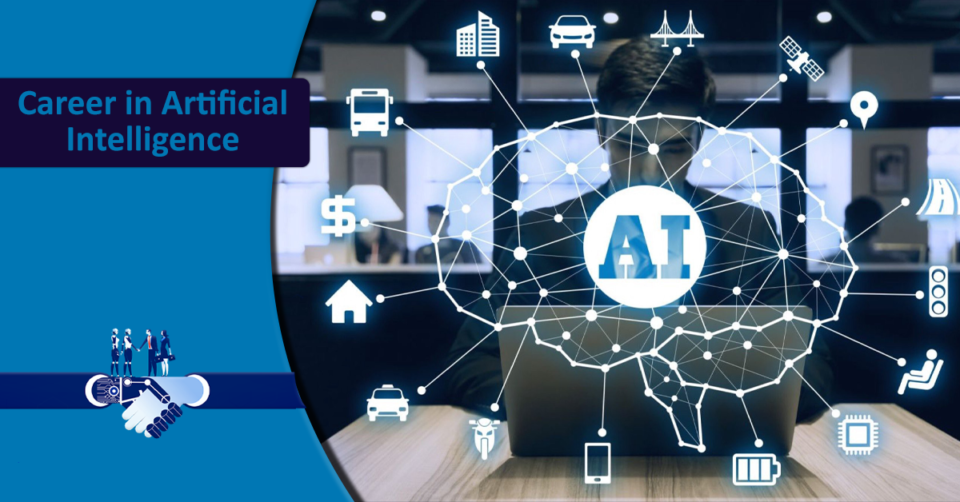In today’s fast-paced, technology-driven world, Artificial Intelligence (AI) has emerged as a game-changing force for businesses of all sizes. Especially for technical teams, AI is not just an enhancement but a vital tool that transforms how tasks are executed, decisions are made, and outcomes are achieved. Leveraging AI can provide an unparalleled competitive advantage, optimizing operations and enabling teams to perform at their peak. In this article, we will explore how AI benefits technical teams, diving into its impact across various domains such as productivity, decision-making, and innovation.
1. The Power of AI in Enhancing Productivity
AI technologies are redefining the scope of productivity in technical environments. Tools like machine learning algorithms, natural language processing, and automation software streamline routine tasks, allowing technical teams to focus on more strategic aspects of their work. Here’s how AI enhances productivity:
- Automated Repetitive Tasks: Routine tasks, such as data entry, monitoring systems, and performing diagnostic checks, can consume a substantial portion of a technical team’s time. AI-driven automation reduces these repetitive tasks, freeing up time for more critical activities. For instance, automated code testing and debugging can significantly cut down on development time.
- Real-Time Data Analysis: AI-powered tools can process large volumes of data at unprecedented speeds, offering insights in real-time. This capability is particularly beneficial for technical teams working with large datasets, as it eliminates the need for manual data analysis and speeds up decision-making.
- Improved Workflow Management: AI systems can analyze patterns in project workflows and identify inefficiencies. By predicting potential bottlenecks and recommending changes, AI helps optimize project management, ensuring that technical teams remain on schedule and on budget.
2. AI and Decision-Making: Making Smarter Choices Faster
Decision-making is a critical aspect of any technical role, and AI can significantly enhance this process. AI systems can provide actionable insights and recommendations by analyzing historical data, predicting future trends, and identifying hidden patterns.
- Predictive Analytics: AI tools use predictive analytics to forecast future outcomes based on historical data. For example, in software development, AI can analyze past project data to predict the likelihood of meeting future deadlines, allowing managers to adjust resources accordingly.
- Enhanced Problem Solving: Machine learning algorithms can identify patterns in complex datasets that human analysts might miss. This capability allows technical teams to identify root causes of issues faster and develop more effective solutions.
- Data-Driven Insights: AI can help technical teams make more informed decisions by providing a deeper understanding of data trends. For instance, AI can analyze customer feedback and social media sentiment to guide product development decisions, ensuring that new features meet market demand.
3. AI as a Catalyst for Innovation
AI is not just about optimization and efficiency; it’s also a powerful driver of innovation. For technical teams, AI can open up new avenues for exploration and creativity.
- Accelerating Research and Development: AI tools can rapidly analyze and synthesize research data, helping technical teams identify new opportunities and accelerate the development of innovative solutions. For example, AI-powered platforms can simulate various scenarios, enabling teams to test new ideas without the time and cost constraints of traditional methods.
- Facilitating Collaboration: AI can improve collaboration among technical teams by providing platforms that enable real-time communication, document sharing, and feedback. By leveraging AI, teams can work together more effectively, regardless of geographical location.
- Personalized User Experience: AI enables technical teams to create more personalized user experiences by analyzing user behavior and preferences. This data can then be used to develop customized features, enhancing user satisfaction and engagement.
4. Streamlining Cybersecurity Efforts with AI
Cybersecurity is a top priority for technical teams, and AI is proving to be a valuable ally in this area. AI can help safeguard sensitive data and protect against evolving cyber threats.
- Threat Detection and Response: AI algorithms can detect unusual patterns of behavior that might indicate a security threat. For example, AI can identify anomalous login attempts or unusual data transfers, triggering alerts and enabling rapid responses to potential breaches.
- Vulnerability Management: AI can continuously monitor systems for vulnerabilities and provide recommendations for patches or updates. This proactive approach minimizes the risk of security breaches and helps technical teams stay ahead of potential threats.
- Enhanced Encryption: AI technologies are improving encryption methods, making it more challenging for unauthorized users to access sensitive data. AI can dynamically change encryption keys based on the analysis of threat landscapes, adding an additional layer of security.
5. Improving Customer Experience through AI
For technical teams, customer satisfaction is a key performance indicator, and AI is revolutionizing how companies interact with their customers.
- AI-Powered Chatbots: AI-driven chatbots can handle a wide range of customer queries, providing instant support and improving the overall customer experience. These chatbots can be trained to understand complex questions and provide accurate, timely responses, reducing the workload on technical support teams.
- Personalized Recommendations: AI systems can analyze customer data to provide personalized product or service recommendations. This capability helps technical teams create customized solutions that meet individual customer needs, enhancing customer loyalty and satisfaction.
- Predictive Customer Insights: AI tools can predict customer behavior based on historical data, enabling technical teams to anticipate customer needs and proactively address potential issues. This capability is invaluable for maintaining high levels of customer satisfaction and retention.
6. The Future of AI for Technical Teams
The future of AI for technical teams looks incredibly promising. As AI technologies continue to evolve, they will become even more integral to the daily operations of technical teams, driving further efficiencies, enhancing decision-making processes, and fostering innovation. Here are some emerging trends to watch:

